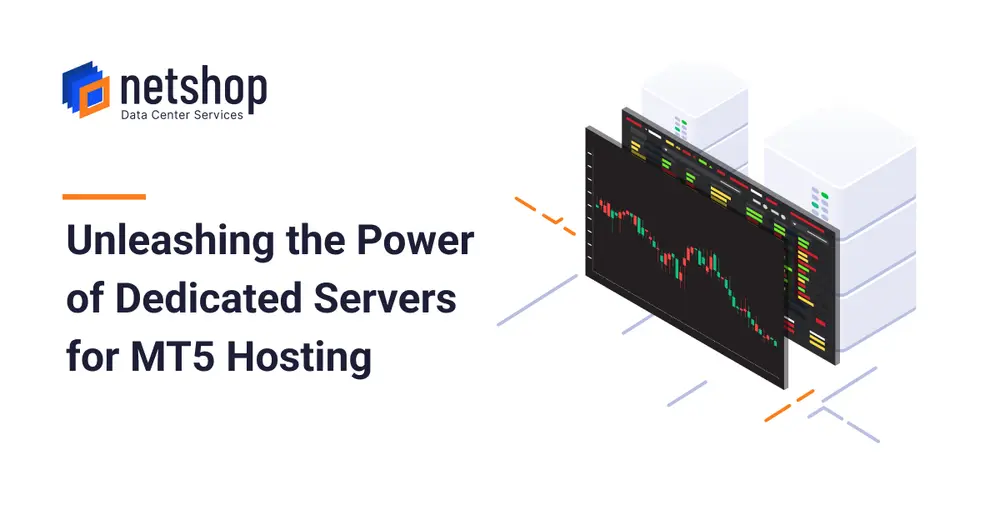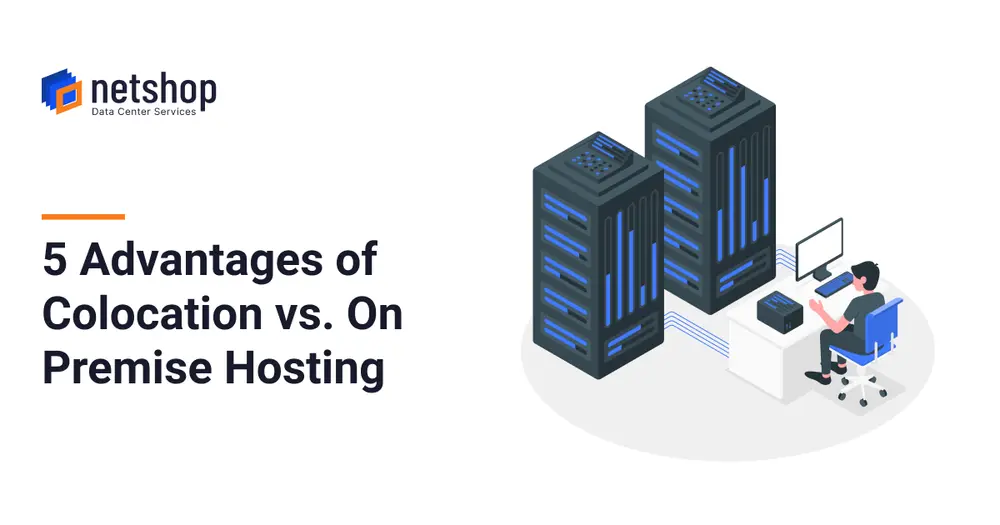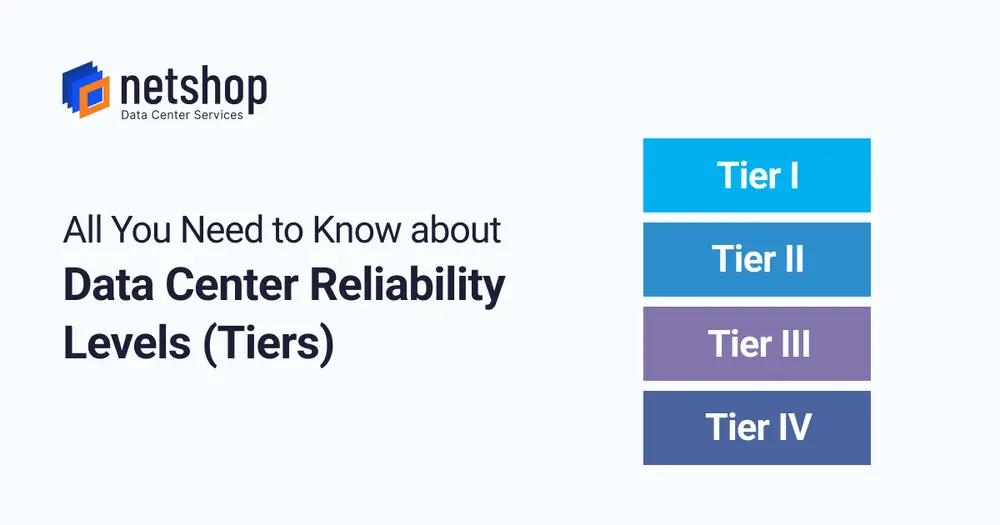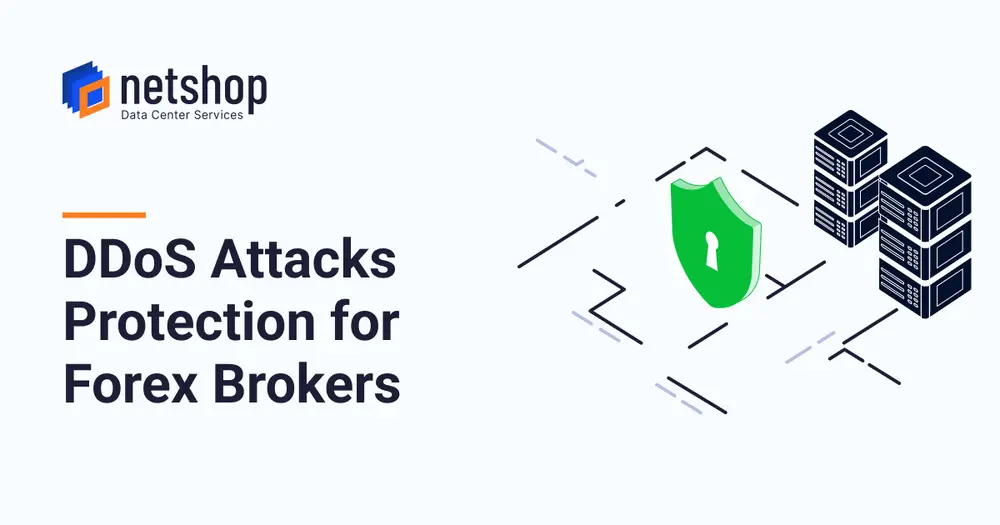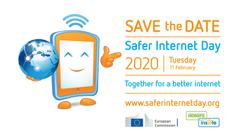Safer Internet Day (SID) is organised by the joint Insafe/INHOPE network, with the support
of the European Commission, each February to promote the safe and positive use of digital
technology, especially among children and young people. Celebrated on the second day of
the second week of the second month, each year on Safer Internet Day millions of people
unite to inspire positive changes online, to raise awareness of online safety issues, and
participate in events and activities right across the globe.
Safer Internet Day aims to create both a safer and a better internet, where everyone is
empowered to use technology responsibly, respectfully, critically and creatively. The
campaign aims to reach out to children and young people, parents and carers, teachers,
educators and social workers, as well as industry, decision makers and politicians, to
encourage everyone to play their part in creating a better internet.
#SID2020 | Tuesday, 11th February 2020
Children and young people can help to create a better internet by being kind and
respectful to others online, by protecting their online reputations (and those of
others), and by seeking out positive opportunities to create, engage and share
online.
Parents and carers play a crucial role in empowering and supporting children to use
technology responsibly, respectfully, critically and creatively, whether it is by
ensuring an open dialogue with their children, educating
Teachers, educators and social workers can help to create a better internet by
equipping their pupils and students with digital literacy skills and by developing their critical thinking skills, which will allow them to better navigate the online world. They can empower them to create their own content, make considered choices online, and can set a personal example of positive online behaviour for their pupils
and students.
Industry can help to create a better internet by creating and promoting positive
content and safe services online, and by empowering users to respond to any issues
by providing clear safety advice, a range of easy-to-use safety tools, and quick access
to support if things do go wrong.
Decision makers and politicians need to provide a culture in which all of the above
can function and thrive – for example, by ensuring that there are opportunities in
the curriculum for children and young people to learn about online safety, ensuring
that parents and carers have access to appropriate information and sources of
support, and that industry is encouraged to self-regulate its content and services.
They must also take the lead in governance and legislation, and ultimately ensure
the safety and wellbeing of children and young people through effective child
protection strategies for the digital world.
Everyone has a responsibility to make a positive difference online. We can all
promote the positive by being kind and respectful to others and by seeking out
positive opportunities to create and connect. We can all respond to the negative by
reporting inappropriate or illegal content and behaviour online.
Find out more about Safer Internet Day at www.saferinternetday.org, including links to
campaign activities in your own country, or stay up to date via the SID social media profiles
on Facebook and Twitter.
Official Hashtags: #SaferInternetDay #SID2020
